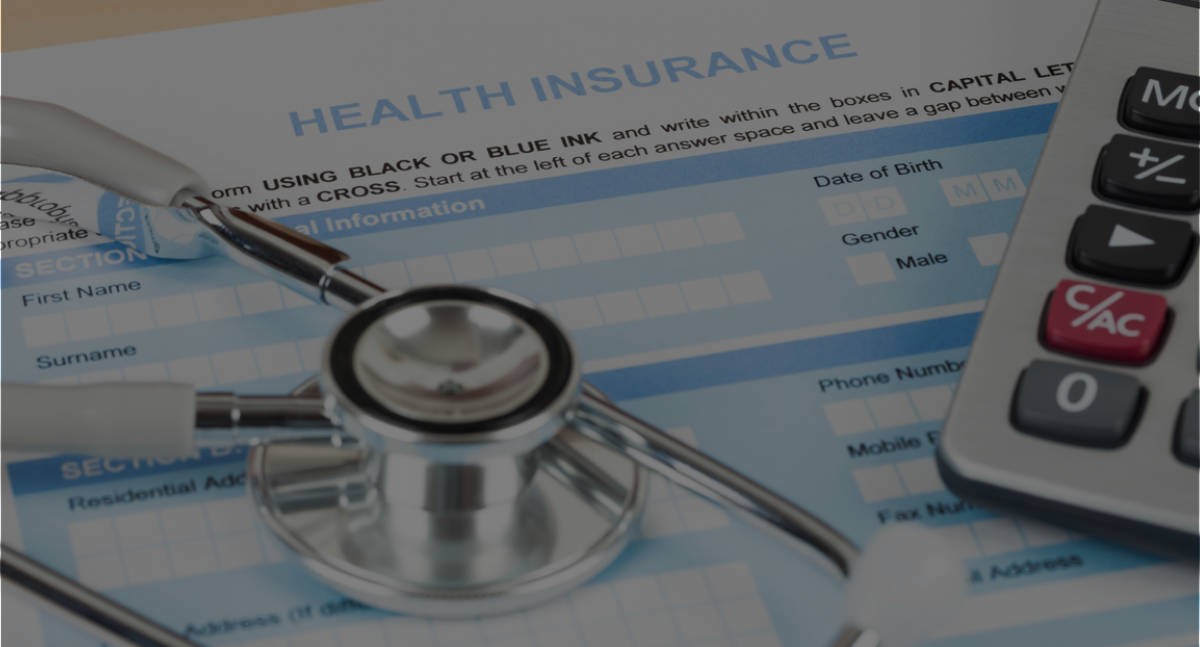By Ted Almon
My first reaction upon reading Don Todd’s Sept. 22 Commentary piece (“Trusting bureaucrats to control health care”) was to defend the Veterans Affairs care he was attacking in the wake of last year’s scandal involving appointment wait times that were apparently falsified by officials.
As I read on, though, I realized the author was merely using the VA as an example of why free markets are always superior, making yet another tired endorsement of what now should be the largely debunked Reagan maxim that government is the problem, not the solution.
I realize that Mr. Todd and others get paid to publicly espouse anti-government agitprop. But still, it strains comprehension that they cling so to their faith in the justice of the free market even in the face of so much clear evidence of drastic failings.
Perhaps it was epic bad timing for his column, but within the same week we also read of one of the world’s leading auto companies, Volkswagen, purposely programming its cars to cheat on emissions tests, endangering all who breathe their pollution. Then there was the Georgia peanut company that knowingly shipped tainted peanut butter that sickened numerous victims and killed nine. Finally we learned of a pharmaceutical firm that upon gaining control of a generic but specialized drug raised the price from $13.50 per tablet to $750.
The column’s example of how VA officials falsified wait times to gain bonuses is not germane. Bonuses are a free-market incentive, not part of the bureaucratic process. The only clear point is that money makes people cheat, and unregulated free markets are all about money.
Now to correct the false impression of the VA hospital system, we should first concede that it is indeed an example of socialized medicine. The government pays for all the care, owns all the facilities, and employs all the doctors, nurses and other workers who provide care to our most cherished citizens. Why? Perhaps it is for much the same reason we don’t trust private enterprises to replace the military that protects us all.
Free markets are marvelous where consumers are spending their own money on products they understand. To function efficiently they require very transparent value propositions and broad competition. None of these conditions exist for the military, or for health care, for that matter. The truth is that for many conditions common among our veterans, there is no better clinical setting than the VA. Veterans rate their care at VA facilities as high as or higher than patient satisfaction at civilian hospitals.
The broader conclusion that free enterprise could somehow cure the ills of our health-care system is similar sophistry. Roughly half the population is already covered by the government through programs such as Medicare, Medicaid, the VA and military systems. Of the remainder the vast majority get their health coverage from their employers, who make most of the choices for them.
The employer-based model is admittedly disorganized. Largely voluntary, and inextricably conflated with wages, it provides good reason to look at why we continue with this uniquely American model. Perhaps we should just figure out what part of health costs are actually in lieu of higher pay and transfer that money to workers or to the government as some sort of payroll or employer tax to be used to subsidize coverage for those who need it.
Health care in our society is an essential commodity that every individual needs but too few can afford and many others don’t understand. Under these conditions competition only drives up costs rather than reducing them. There is no known application of a free-market system that fits these requirements.
We can strive to improve as individual consumers, reorganize the delivery system to be better coordinated and more efficient, and develop metrics that facilitate value analysis. But to do any of these things we will need the government in some capacity.
Free-market forces in health care have produced only chaos; the conservative caviling of those like Mr. Todd is no longer helpful.
Ted Almon is president and CEO of the Claflin Co., in Warwick, a distributor of medical equipment and supplies.

